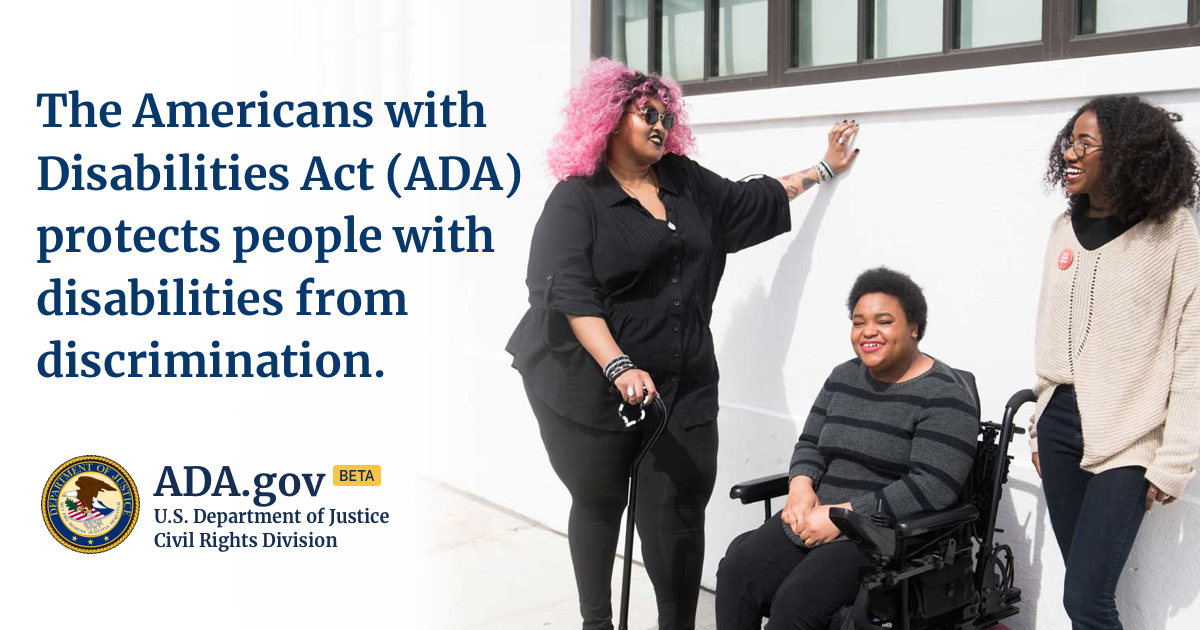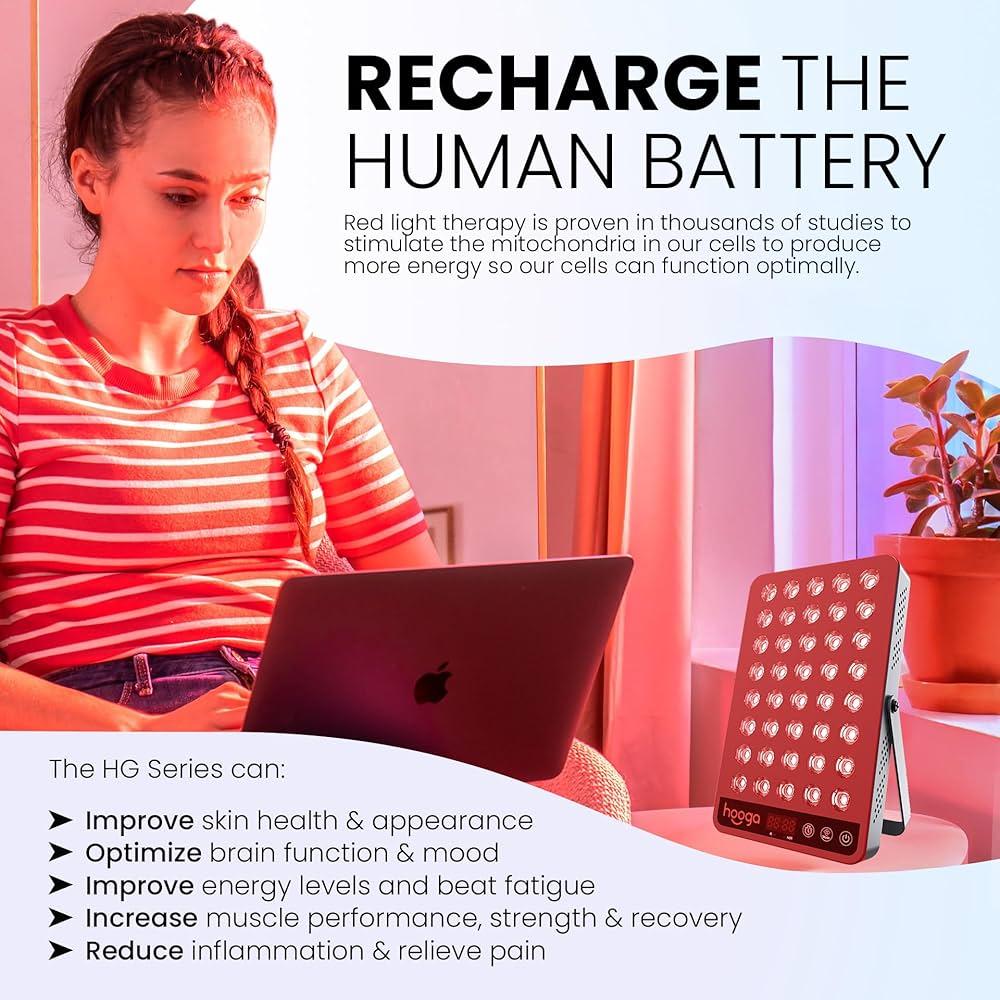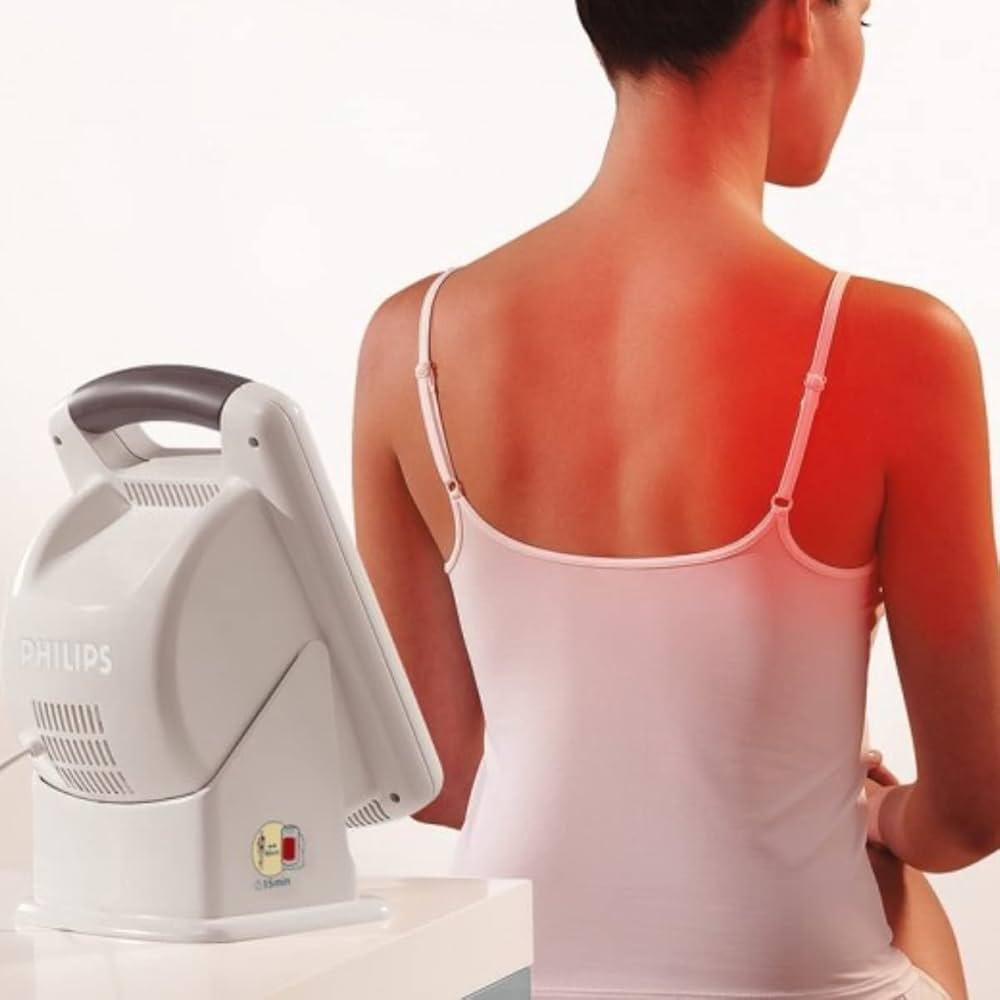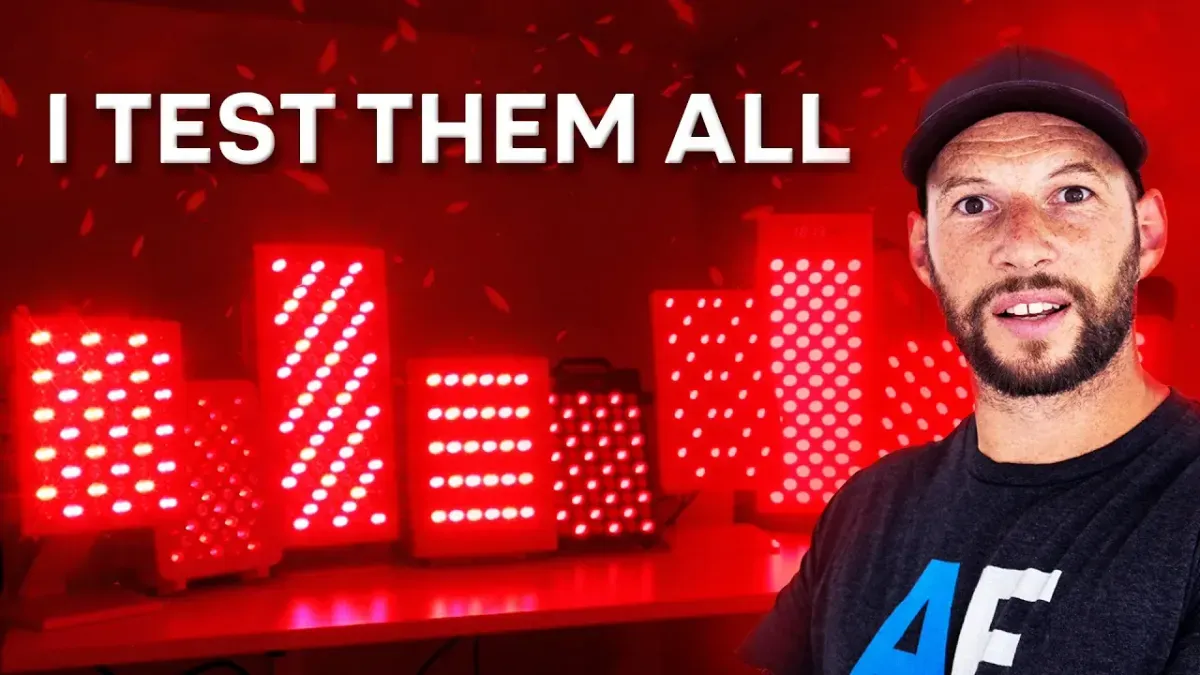Welcome to “Glow Pulse Therapy,” your trusted source for in-depth, unbiased product evaluations. Today, we’re diving deep into a skincare tool that’s been making waves in the beauty industry: the portable light therapy wand. These sleek, handheld devices promise a professional-grade treatment experience from the comfort of your home, targeting everything from acne to wrinkles. But with so many claims, the burning question remains: Do Portable Light Therapy Wands Work? As your chief product review specialist, I’ve put these devices under the microscope to provide you with the comprehensive, factual analysis you need to make an informed decision. Let’s illuminate the truth.
The Science Behind the Glow: How Light Therapy Works
Before we assess the efficacy of portable light therapy wands, it’s crucial to understand the fundamental science that underpins light therapy itself. Known clinically as photobiomodulation (PBM), this non-invasive technique uses specific wavelengths of light to interact with cells, triggering various biological processes. It’s not just magic; it’s biochemistry.
Red Light Therapy: Collagen & Anti-Aging
Red and near-infrared (NIR) light are renowned for their anti-aging properties. When these wavelengths penetrate the skin, they stimulate the mitochondria within cells – often called the “powerhouses” of the cell. This stimulation enhances cellular function, including increased production of adenosine triphosphate (ATP), which is vital for cellular repair and regeneration. Specifically, red light (typically 630-700nm) and NIR (700-1000nm) help:
- Boost collagen and elastin production, reducing the appearance of fine lines and wrinkles.
- Improve skin elasticity and firmness.
- Reduce inflammation and redness.
- Promote circulation for a healthier, more radiant complexion.
- Aid in wound healing and scar reduction.
Blue Light Therapy: Tackling Acne
On the other end of the spectrum, blue light (around 400-470nm) is a formidable ally against acne. Its primary mechanism of action involves targeting Propionibacterium acnes (P. acnes), the bacteria largely responsible for acne breakouts. Blue light effectively destroys these bacteria by generating singlet oxygen, a molecule toxic to P. acnes, without harming surrounding skin tissue. This leads to:
- Significant reduction in active acne lesions.
- Prevention of future breakouts.
- Regulation of sebum production, which can contribute to clogged pores.
The Power of Specific Wavelengths
The effectiveness of any light therapy device, including portable light therapy wands, hinges on delivering the correct wavelengths at sufficient intensity. A wand that simply emits a “red” or “blue” glow without precise wavelength calibration and adequate power output will likely yield minimal results. The professional devices used in clinics employ powerful LEDs that penetrate deeply and evenly. The challenge for portable wands is to replicate this efficacy in a smaller, battery-operated format.
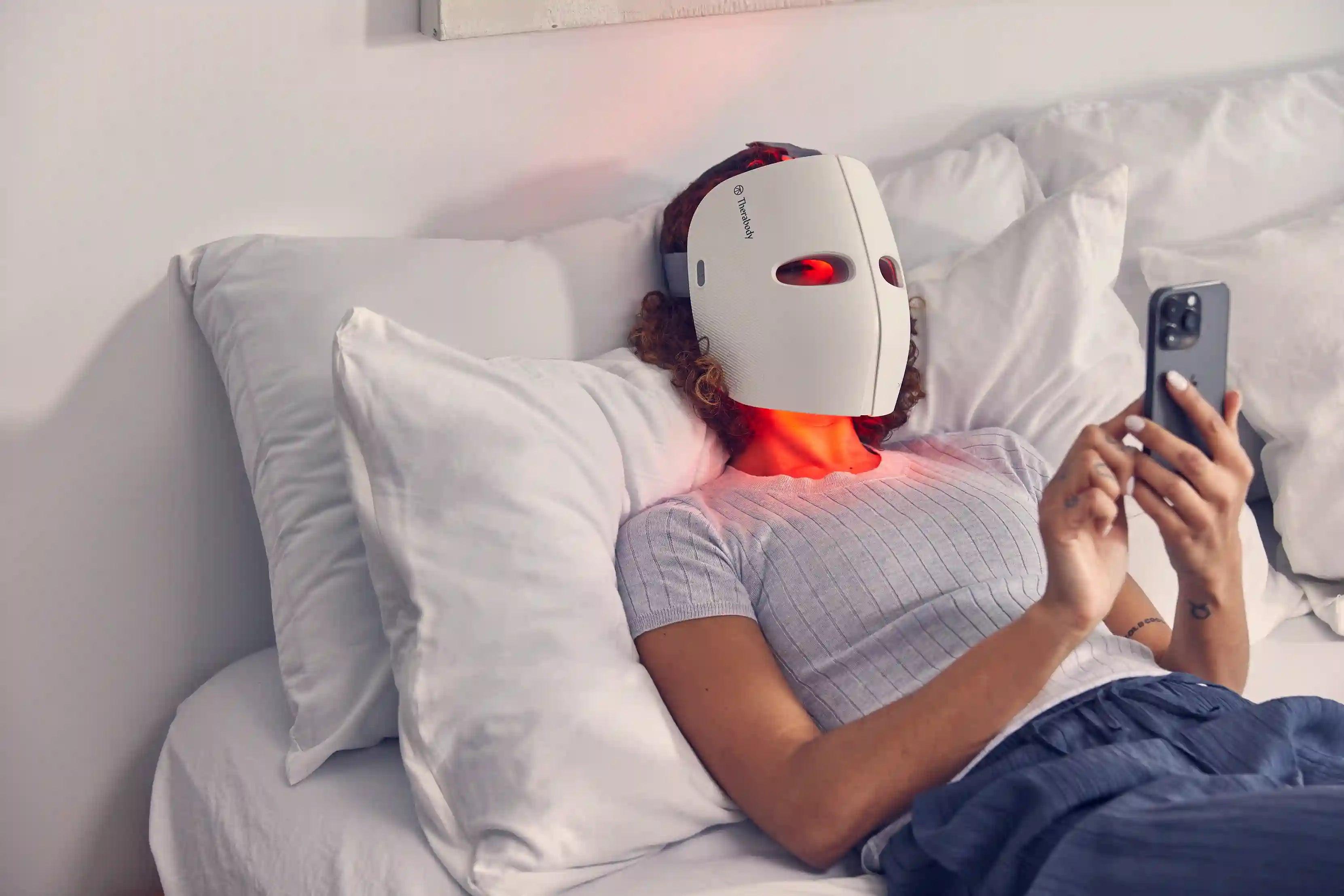 Understanding the science behind portable light therapy wands for effective skincare treatment and cellular regeneration
Understanding the science behind portable light therapy wands for effective skincare treatment and cellular regeneration
Are Portable Light Therapy Wands Effective? Breaking Down the Claims
The million-dollar question: do portable light therapy wands work as effectively as professional treatments or larger, more expensive at-home devices? The answer, as with many things in skincare, is nuanced.
What Makes a Light Therapy Wand “Work”?
For a portable light therapy wand to be genuinely effective, several critical factors must be met:
- Wavelength Precision: The light emitted must be within the clinically proven therapeutic windows for red, blue, or NIR light. Deviations can render the treatment ineffective.
- Optimal Irradiance/Power Output: This refers to the light energy delivered to the skin’s surface. Too low an intensity, and the cells won’t receive enough energy to trigger a beneficial response. Too high, and it could be uncomfortable or even damaging. Portable wands, by their nature, have smaller power sources, so their irradiance can be a limiting factor compared to larger panels.
- Consistent and Sufficient Treatment Time: Regular, consistent use is paramount. Sporadic 30-second sessions aren’t likely to produce noticeable results. Most clinical studies and manufacturer recommendations suggest daily or several-times-a-week treatments for specific durations (e.g., 3-5 minutes per area).
- Appropriate Skin Contact: Many wands require direct or very close contact with the skin to ensure the light energy is properly absorbed. Maintaining this contact across various facial contours can be tricky but is vital for efficacy.
Real-World Results: Expectations vs. Reality
When considering whether portable light therapy wands deliver, it’s essential to manage expectations. While they can be beneficial, they are generally not a magic bullet and shouldn’t be expected to replicate the immediate, dramatic results of professional in-office treatments.
For conditions like mild to moderate acne, consistent use of a blue light wand can indeed reduce breakouts and improve skin clarity over several weeks. For anti-aging, red light wands can contribute to a more even skin tone, improved texture, and a subtle reduction in fine lines over months, due to the gradual nature of collagen production.
“Many patients ask if these portable devices are a substitute for professional treatments. My advice is always that they can be a fantastic complementary tool,” explains Dr. Eleanor Vance, a renowned Dermatologist and Skincare Innovator. “For maintenance and gentle improvement at home, they definitely have their place, but always understand their limitations compared to a clinic setting with higher-powered devices and professional guidance.”
The key takeaway here is that consistency is king. These aren’t one-and-done solutions. They are an investment in a routine.
Key Features to Look For in a Portable Light Therapy Wand
If you’ve decided to explore the world of portable light therapy, knowing what to look for can significantly impact your results and satisfaction. Not all wands are created equal.
Wavelength Specificity
The most crucial feature is the precise wavelength(s) offered. Look for wands that specify their exact nanometer (nm) range, e.g., 660nm for red light, 415nm for blue light. Avoid generic “red light” or “blue light” claims without specific numbers. Some advanced wands offer multiple wavelengths (e.g., red + blue + NIR) in one device, which can be more versatile.
Power and Intensity (Irradiance)
While direct irradiance measurements are rarely provided for consumer devices, a general indicator of power is the number and quality of LED bulbs. More LEDs packed into the treatment head, especially medical-grade ones, generally translate to better light delivery. Read reviews that speak to the “feel” of the light – a gentle warmth might indicate better penetration for red/NIR light.
Design and Ergonomics (Portability, Ease of Use)
A good portable light therapy wand should be comfortable to hold and easy to maneuver across the face and other target areas.
- Size and Weight: Is it truly portable and light enough for extended use?
- Treatment Head: Is it large enough to cover areas efficiently but small enough for precision? Some wands have contoured heads designed to glide over facial curves.
- Controls: Are they intuitive? Simple on/off and mode selection buttons are ideal.
Battery Life & Charging
Since it’s portable, battery life is vital. Look for devices with a decent battery life (e.g., 60-90 minutes of continuous use on a full charge) and convenient charging options, like USB-C. Fast charging is a bonus.
Safety Features & Certifications
Always prioritize safety. Look for wands that:
- Have an automatic shut-off feature after the recommended treatment time to prevent overuse.
- Are FDA-cleared (in the U.S.) or certified by equivalent regulatory bodies in other regions. This clearance indicates that the device has been tested for safety and efficacy for its intended use.
- Include eye protection or clear guidelines on eye safety.
Pros and Cons of Integrating a Portable Light Therapy Wand into Your Routine
Like any skincare tool, portable light therapy wands come with their own set of advantages and disadvantages.
Pros:
- Convenience: The most significant advantage. You can use it anytime, anywhere, fitting seamlessly into busy schedules.
- Non-Invasive: Offers a gentle, drug-free approach to various skin concerns without pain or downtime.
- Cost-Effective (Long-Term): While the initial investment might seem high, it’s often significantly less expensive than a series of professional light therapy sessions over time.
- Targeted Treatment: Wands allow for precise application to specific problem areas, such as a stubborn breakout or a cluster of fine lines.
- Minimal Side Effects: When used correctly, side effects are rare and mild (e.g., temporary redness).
- Cumulative Benefits: Consistent use can lead to genuine, albeit gradual, improvements in skin health and appearance.
Cons:
- Lower Power/Intensity: Generally less powerful than clinic-grade machines, meaning results may take longer to appear and might be less dramatic.
- Time Commitment: Requires consistent, daily or near-daily use for noticeable results, which can be a commitment.
- Coverage Area: Small treatment heads mean longer session times if you’re treating larger areas.
- Investment: Initial cost can be a barrier for some, and cheaper, uncertified models may be ineffective or unsafe.
- Expectation Management: Users must understand that results are typically subtle and cumulative, not instantaneous or transformative.
Who Benefits Most from Portable Light Therapy Wands?
So, after all this, who truly benefits from integrating a portable light therapy wand into their skincare regimen?
For Acne Sufferers
Individuals with mild to moderate inflammatory acne (red pimples, pustules) can see significant improvement with consistent blue light therapy. It’s an excellent option for those seeking a non-drying, drug-free alternative or supplement to their existing acne treatments. It won’t clear severe cystic acne on its own but can be a valuable part of a broader strategy.
For Anti-Aging Enthusiasts
If you’re looking to subtly improve skin texture, reduce redness, and enhance collagen production for a more youthful glow, a red light therapy wand can be beneficial. It’s ideal for preventative aging, maintaining skin vitality, and addressing early signs of aging. Don’t expect it to erase deep wrinkles, but it can certainly help soften their appearance over time.
For General Skin Health Maintenance
Even if you don’t have a specific concern, a portable light therapy wand can contribute to overall skin health. The increased circulation and cellular energy provided by red light can give your complexion a boost, leaving it looking healthier and more radiant. It’s a fantastic tool for those committed to a holistic approach to skincare.
“From my experience working with clients, portable light therapy wands are excellent for consistent, gentle support,” shares Liam O’Connell, a Certified Aesthetician and Wellness Coach. “They’re not a quick fix, but for dedicated individuals who use them regularly as part of their routine, the cumulative benefits for skin clarity, tone, and vitality are genuinely impressive.”
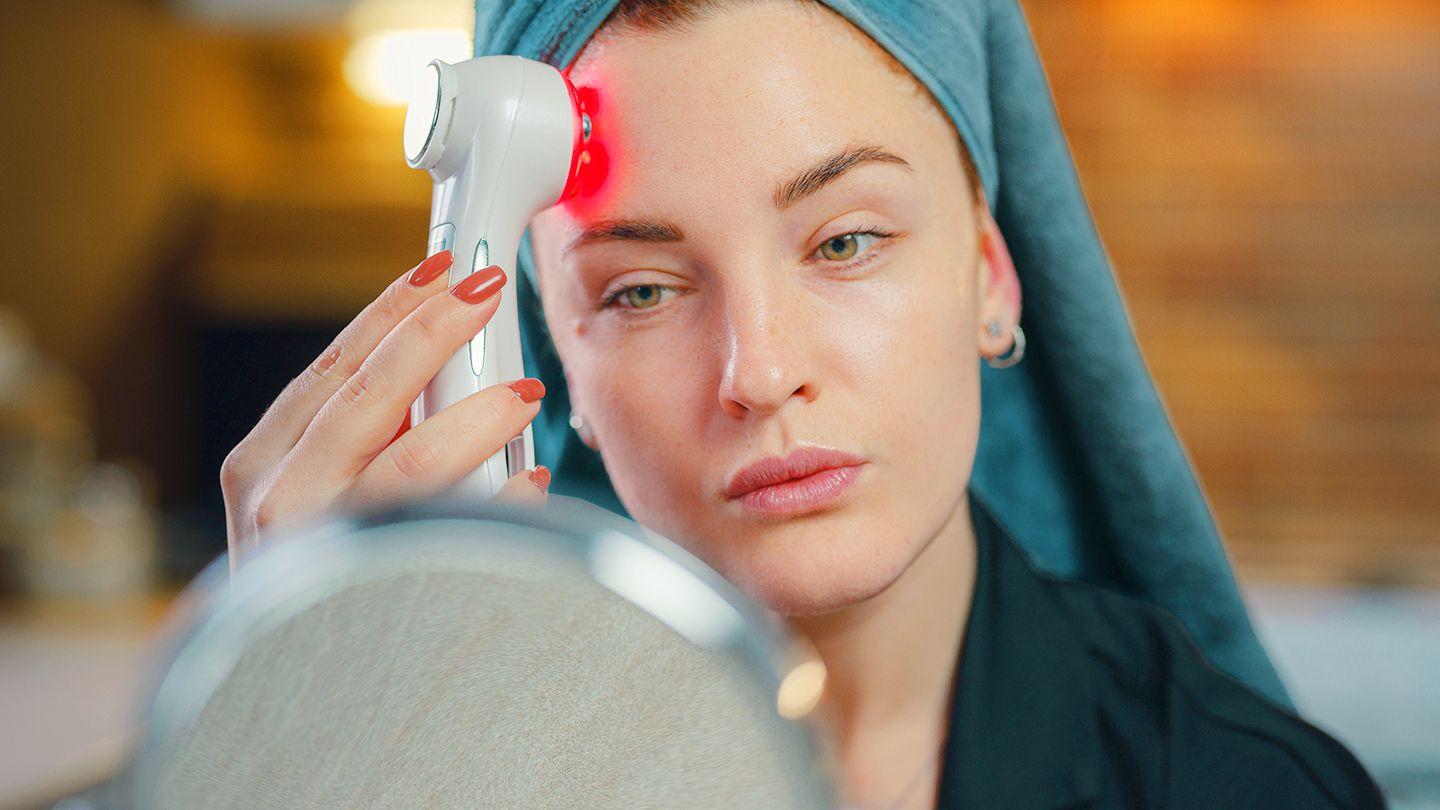 Illustrating the diverse benefits of portable light therapy wands for various skin concerns and user types
Illustrating the diverse benefits of portable light therapy wands for various skin concerns and user types
Our Verdict: Are Portable Light Therapy Wands Worth the Investment?
After a thorough examination, our expert opinion at “Glow Pulse Therapy” is that portable light therapy wands do work, but with important caveats regarding efficacy, consistency, and realistic expectations. They are not a replacement for professional dermatological treatments or high-powered in-office light therapy, but they serve as a highly valuable tool for at-home maintenance, prevention, and complementary therapy.
For individuals seeking a convenient, non-invasive way to address mild to moderate skin concerns like acne and early signs of aging, and who are committed to consistent use, a high-quality, FDA-cleared portable light therapy wand can be a worthwhile investment. It empowers you to take a proactive role in your skin health, delivering targeted light energy to support cellular function and improve complexion over time. Choose wisely, use diligently, and your skin will thank you.
FAQ
Q1: How often should I use a portable light therapy wand?
Most manufacturers recommend daily use for optimal results, typically 3-5 minutes per treatment area. Consistency is key to seeing benefits.
Q2: How long until I see results from my portable light therapy wand?
Results vary by individual and concern, but generally, expect to see noticeable improvements in 4-12 weeks of consistent daily use for conditions like acne or subtle anti-aging effects.
Q3: Are portable light therapy wands safe for all skin types?
Yes, light therapy is generally safe for all skin types and tones. However, if you have a pre-existing medical condition, are pregnant, or are taking photosensitizing medications, consult your doctor before use.
Q4: Can portable light therapy wands replace professional treatments?
No, portable wands are not a direct replacement for professional-grade light therapy treatments or other clinical procedures due to their lower power output and different application methods. They are best used as a complementary tool or for maintenance.
Q5: What’s the main difference between red and blue light wands?
Red light wands primarily target anti-aging concerns like collagen production, fine lines, and inflammation. Blue light wands are focused on treating acne by killing acne-causing bacteria and regulating oil production.
Q6: Are there any side effects from using portable light therapy wands?
When used as directed, side effects are rare and typically mild, such as temporary redness. Ensure you follow all safety guidelines, especially regarding eye protection.
Q7: What should I do if I don’t see results with my portable light therapy wand?
First, ensure you’re using it consistently and correctly as per manufacturer instructions. If still no results after several weeks, consider if the wand is FDA-cleared and if your expectations are realistic. Consulting a dermatologist can also provide tailored advice.
